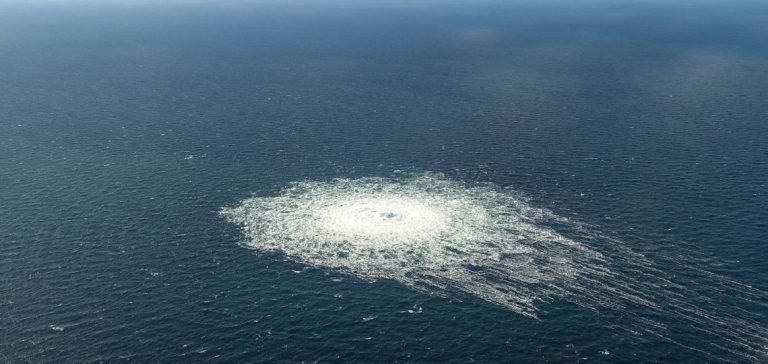Since the September 2022 explosions that damaged the Nord Stream 1 and 2 pipelines, Russia has repeatedly accused the West, particularly the United States and the United Kingdom, while calling for a transparent investigation. These pipelines, which transported Russian gas to Germany via the Baltic Sea, were critical to Russia’s energy policy, enabling it to bypass land routes, particularly those crossing Ukraine and Poland.
The Kremlin has leveraged this incident to intensify its rhetoric against the West, citing a lack of transparency in ongoing investigations. Maria Zakharova, spokesperson for the Russian Ministry of Foreign Affairs, recently announced that Russia is considering taking the matter to the International Court of Justice (ICJ), based on the 1997 Convention for the Suppression of Terrorist Bombings and the 1999 Convention on the Suppression of the Financing of Terrorism. This announcement follows what Moscow calls a “Western attempt to cover up” a sabotage that compromised strategic infrastructure.
Russia’s accusations and ongoing investigations
European authorities launched investigations, but the results have not identified the perpetrators. Germany issued an arrest warrant for a Ukrainian citizen, Volodymyr Z., suspected of being one of the key actors in the attack. Media reports indicate that this suspect fled Poland to Ukraine shortly after the warrant was issued. This complicates the legal procedures, and both Danish and Swedish investigations have closed without identifying any suspects.
Additionally, recent information from the Financial Times suggests that elements of the German investigation indicate that Volodymyr Z. acted with other accomplices. These reports, based on anonymous sources close to the investigation, suggest that the saboteurs had pre-planned the attack, using professional diving techniques to place underwater explosives at critical points along the pipelines.
Impact on Russia-EU energy relations
The impact of these explosions goes beyond material damage. The Nord Stream pipelines were essential for gas transit to Europe, and their destruction marked a turning point in energy relations between Russia and the EU. Before the attack, Germany relied on Nord Stream 1 to secure its energy needs, while Nord Stream 2, newly built, had not yet started operations. These infrastructures were seen by Moscow as strategic geopolitical tools, enabling Russia to bypass traditional routes through Ukraine and reduce the influence of transit countries.
The destruction of the pipelines forced Europe to seek other energy supply sources, increasing its dependence on liquefied natural gas (LNG) imports from the United States and Qatar. Germany, the main client of these infrastructures, has also accelerated efforts to strengthen the resilience of its energy network. However, these adjustments come at a high economic cost and do not fully compensate for the losses since the halt of Russian gas flows.
Legal and diplomatic prospects
Bringing this case before the International Court of Justice could have significant diplomatic consequences. If Russia proves that European countries did not meet their obligations, it could affect the legitimacy of future investigations into similar incidents. However, such a procedure can take years and depends on the recognition of the ICJ’s jurisdiction by the concerned parties, further complicating the situation.
In the meantime, Moscow maintains pressure, claiming that the Nord Stream explosions were planned by Western intelligence services, accusations that the United States and the United Kingdom continue to firmly deny. Russia is also using this issue to strengthen its ties with non-European partners, such as China, and to develop new export routes to Asia to compensate for its energy revenue losses in Europe.





















